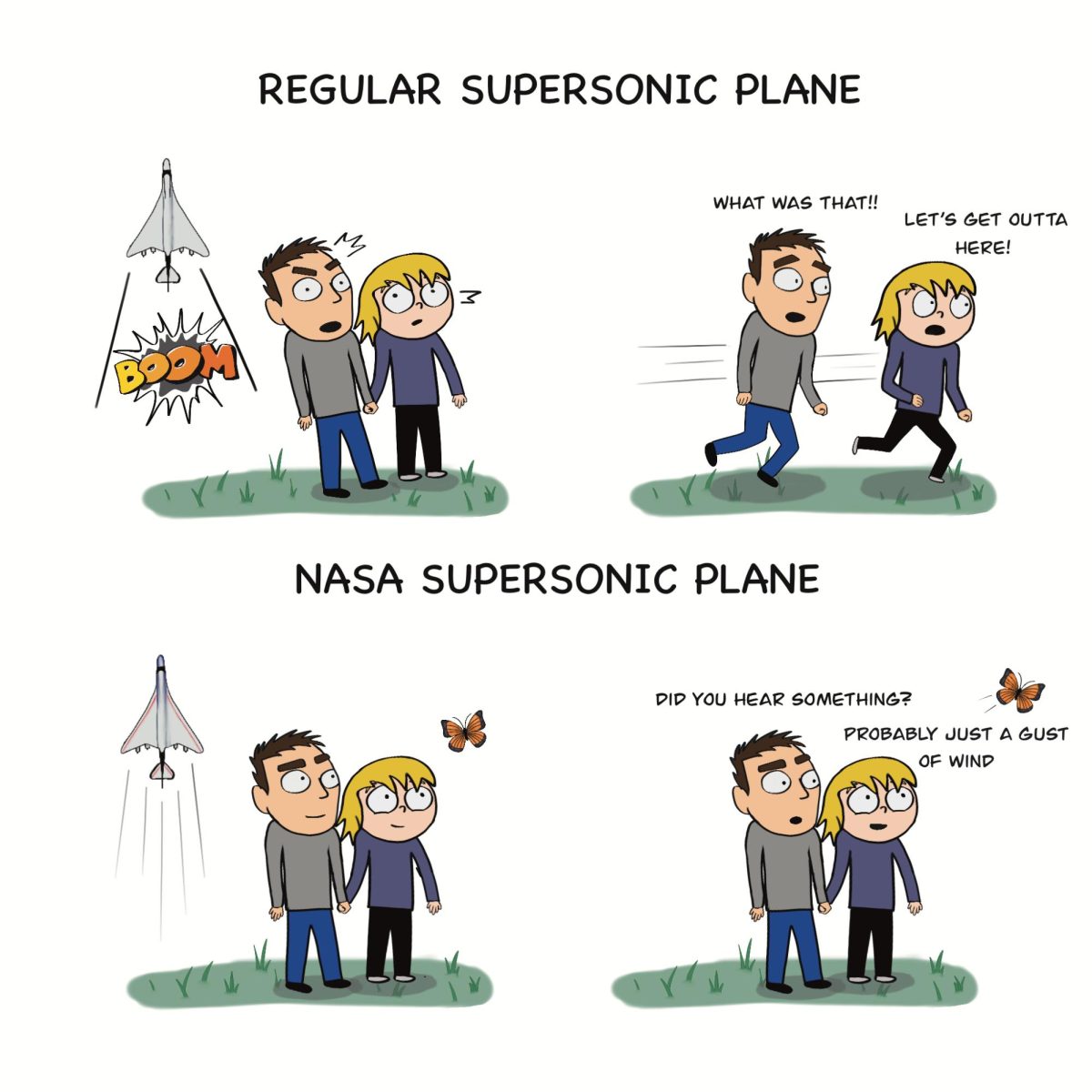On the right counter sits a large stack of yellow, photocopied textbook excerpts — ATPS, Demana, Geometry, The Practice of Statistics. Stapled on the left wall are calendars detailing units, daily agendas and homework assignments, as well as a guide to homework formatting expectations. In Paly Math teacher Cynthia Chen’s classroom, when there are 10 precious minutes of homework time, all the materials any student needs are there, replacing any need for electronic copies and the use of dreaded electronic devices — computers and phones.
In the vast majority of classes at Paly, computers are a staple. Whether it be for writing an essay, completing a lab or taking a Schoology quiz, technology presents itself in the hands of students every day. Many students do not think twice before slipping a phone out or typing away on a computer, especially during in-class work time.
However, this habit can often lead to distractions, causing students to check their Facebook notifications or watch The Office with closed captions instead of focusing on the work at hand.
“I think that personally I’m really reliant on tech, both my phone and my computer,” said sophomore Hannah Zhou. “I spend a lot of time on social media [platforms] like Snapchat and Instagram. Day to day, I think technology makes me a lot less productive because it serves as an easily accessible distraction.”
As a result, Chen has eliminated the need for potentially distracting technology in class. She provides sufficient copies of necessary textbook sections and also ensures that students do not need to pull up a unit calendar on their electronic device to find the assigned homework problems.
“I believe that cell phones and laptops are distracting for not only the individual, but for the class as a whole. As such, I don’t allow the use of electronic devices in the classroom.”
Cynthia Chen
Academic research has shown that both active and passive cell phone use affects retention. Students who didn’t use a phone had lower scores in a device-enabled classroom than their counterparts in device-free classroom.”
Paly History and Social Science teacher Christopher Farina agrees that technology possesses many distracting qualities that can negatively affect students’ learning.
“There’s a lot of good research on why technology is so distracting,” Farina said. “Part of it has to do with the fact that when you have something that lights up, it’s going to grab your attention. So even if you’re doing it for something innocuous, like just writing in a Word document, just because it’s backlit it can get your attention.”
Additionally, Farina emphasizes how many aspects of technology are intentionally built to be distracting.
“For phones, a lot of the applications are specifically designed in order to capture your attention,” Farina said. “Apps like Facebook, Instagram, etc., are designed specifically designed to draw people’s attention and then keep them within that system by [using] different behavioral incentives. It’s immediate — you get this immediate reward. So as long as you have that immediacy there, it’s going to capture your attention and take over whatever else you’re doing.”
Given the distracting effects of computers and phones in class, students have found Chen’s policy to increase their productivity.
“I think Chen’s no electronic device policy is generally helpful because it really makes you focus more during class. People are less off task, [and] you’re never tempted to do other things during class. I found that this policy was especially helpful when we were had free time to do our homework because if I had access to technology, I would have definitely just gone on social media.”
Hannah Zhou
Despite recognizing the drawbacks of using electronic devices, neither Chen nor Farina are completely against using technology in the classroom in general, as they both believe that there is a time and place for it.
For example, computers can prove to be very useful for certain subjects and tasks, including writing.
“Writing has a lot of benefits from being technologically enhanced,” Farina said. “[You’re] able to quickly write stuff out, dictate, spell-check, edit, move [sections] around — technology is really, really helpful for that.”
Additionally, technology has helped improve many teaching and classroom aspects, especially in terms of curriculum.
“With students coming in having more and more exposure to video, particularly really short video, I think that has … changed students’ attention span,” Farina said. “I think that when teachers are designing lessons for a 90-minute block, they are more aware of, ‘How am I going to capture and keep a student’s attention so that we can stay on this topic?’”
Zhou also agrees that multimedia curriculum makes class more interesting to students.
“I think multimedia curriculum is definitely more engaging for me because it really makes me excited for the [material] we’re learning,” Zhou said. “It gives a little bit of diversity to the classroom versus just the normal way teachers teach. I also think platforms like Kahoot are more interesting because it introduces a friendly competitive atmosphere to the classroom that pushes students to learn.”
Furthermore, using technology in the classroom can potentially help cater lessons and material to students’ individual needs.
“There’s been a lot of conversation about differentiation and independent pacing,” Farina said. “I think, when technology is used really well, you can provide a bunch of different ways of accessing information and a bunch of different ways of demonstrating that knowledge for kids.”
Zhou hopes to see technology catering curriculum specifically to student’s individual needs as well.
“Every student learns at a different rate,” Zhou said. “With this new technology, everybody will be able to focus on their own strengths and weaknesses. In a traditional classroom, there will inevitably be some students who are left behind and others who are going ahead, and a teacher cannot address all these problems by themselves. Online platforms like Khan Academy and Coursera let the student practice what they need to and also allow the students to choose material that’s really interesting to them. With technology, I think it’s also great that you can learn almost anything as everything is online and easily accessible, you just have to be willing to learn.”
Overall, however, it is important to regulate technology use in the classroom, finding the right balance for reaping the benefits while avoiding the distractions.
Every teacher creates their own classroom technology guidelines based on the course or material to best set up their students for success. Some may allow computers for note-taking or phones for greater engagement, and others may not.
Regardless of the policy, our use of technology is prevalent in our daily school lives, and the integration of technology into education continues to evolve.
“I think we’re heading in the direction [in which] we can use technology effectively and really well,” Farina said. “It’s kind of a slow transition, but it’s a really, really valuable one.”








